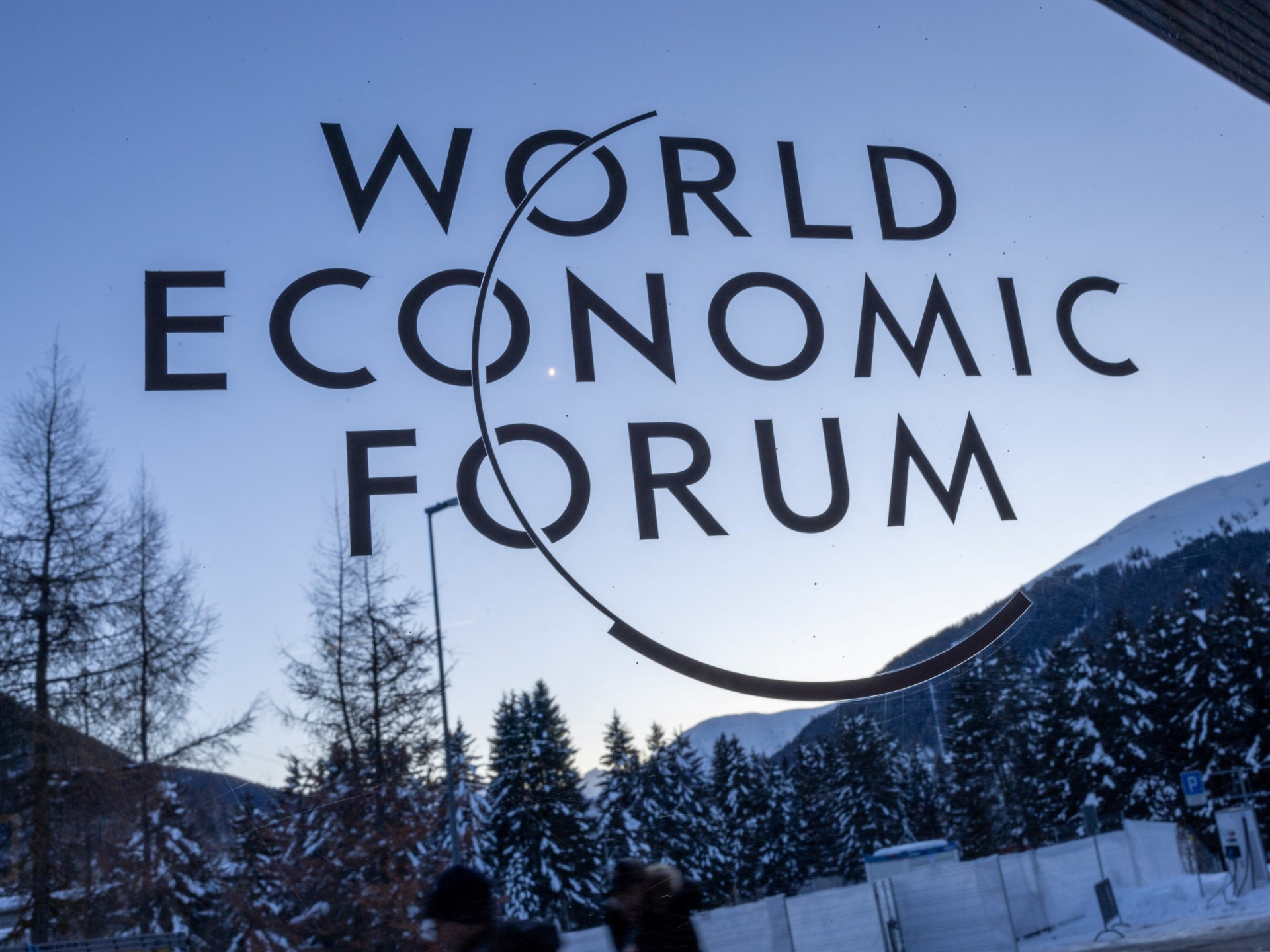Development done right: Why Africa needs more than good intentions | Poverty and Development

The annual World Economic Forum in Davos brings together the world’s most influential leaders with the stated goal of improving global economic conditions. This year, promoting inclusive and sustainable growth in Africa once again became a major topic of discussion at the meeting. However, when it comes to Africa’s development, we often confuse discussion with progress. The continent hosts some of the world’s fastest growing economies, but average growth remains below global standards. This paradox requires more than just analysis; it requires decisive action.
Africa’s potential is extraordinary. Home to about 60 percent of the world’s uncultivated arable land, a young and vibrant population, and vast natural resources, the continent has all the ingredients needed for transformative growth. The question is not whether Africa is capable of development or not, but rather how the obstacles that hinder its progress can be removed.
Today’s development landscape often resembles a complex maze of conflicting requirements, reports and guidelines from hundreds of agencies. Although accountability is important, excessive bureaucracy hinders progress. What Africa needs is practical and focused investment in key areas that drive economic growth.
Take the energy challenge: only 50% of Africa’s 1.37 billion people have access to electricity. By 2030, invest in the energy sector in Africa It would need to reach $25 billion annually to close the gap in energy access, a significant increase compared to spending today. But investment alone is not enough – we must find practical, home-grown solutions. The key here is regional integration of our energy sources – that is how we will solve our energy crisis. Africa has vast hydro, solar and other energy resources in different regions. If we create the right energy mix and create a combined energy supply, we will be able to power the entire continent through a robust and resilient grid. Such an achievement would have an impact of historic proportions on the development of our continent.
Likewise, it challenges the logic that the continent with most of the world’s arable land is home to more than 280 million undernourished people. This is not due to lack of ability. It is a result of neglect of rural infrastructure, fragmented markets, and lack of investment in agricultural technology. The solution requires strategic investment in roads, irrigation systems, and storage facilities, along with policies that encourage local processing and value addition.
Intra-African trade, which does not exceed 15% of the continent’s total trade, represents another major opportunity. The African Continental Free Trade Area is promising, but its success depends on practical implementation – building roads, modernizing ports, and removing trade barriers. These are not revolutionary concepts, but rather proven fundamentals of economic development.
The way forward is clear. First, we must simplify development processes. African countries need partners, not observers. Second, investment in infrastructure must be practical and immediate – roads, power plants, and ports that enable real economic activity and connectivity between countries, and within a strategic vision that includes the entire continent. Third, we must trust local leadership to set priorities based on facts on the ground, not the board’s far-fetched theories.
Our youth, whether in the Maghreb (Northwest Africa), Central Africa, or the Horn of Africa, deserve educational systems that prepare them for the modern labor market. Current curricula often resemble antiquated assembly lines and fail to provide students with the tools needed for their future. This must change. Likewise, our healthcare systems need targeted investments to reduce mortality rates and address stark health disparities across the continent.
Leaders in Davos should focus on concrete steps to accelerate Africa’s inclusive growth agenda. The continent does not need more seminars on development theory – it needs practical, results-focused support that enables countries to build strong economies and societies.
This is not just ambitious thinking. These are realistic goals supported by the continent’s enormous potential.
The choice is clear: either continue with business as usual, or adopt a development model that prioritizes results over process. The world’s response to this choice will determine not only Africa’s future, but also the path to global prosperity for decades to come. The time for endless discussions is over – Africa needs action, and it needs it now.
The opinions expressed in this article are those of the author and do not necessarily reflect the editorial position of Al Jazeera.
https://www.aljazeera.com/wp-content/uploads/2024/01/2024-01-13T171257Z_80901367_RC23H5AZYIK6_RTRMADP_3_DAVOS-MEETING-1705285772.jpg?resize=1920%2C1440
2025-01-24 10:11:00





